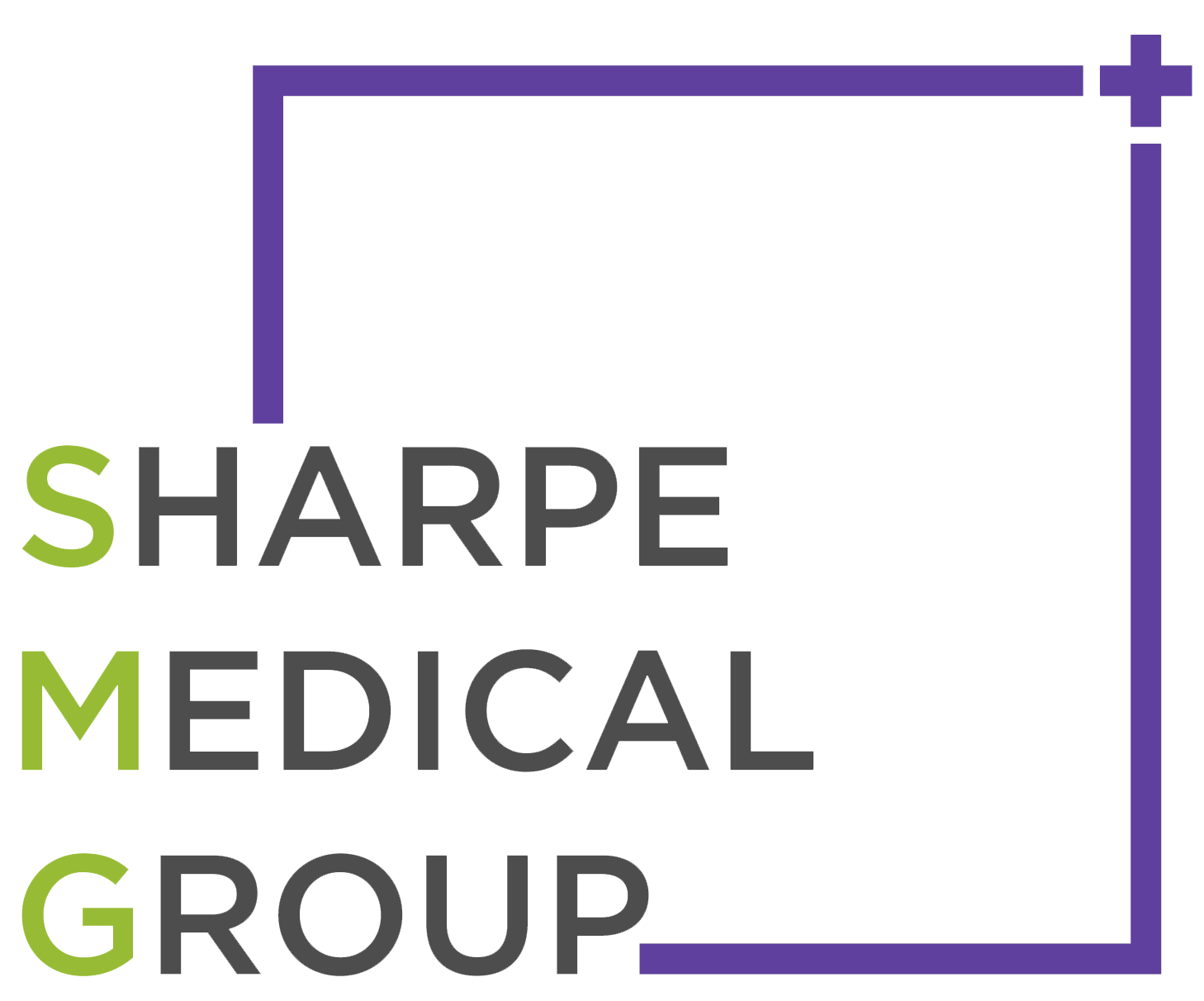Maintaining focus and concentration is essential for productivity and overall cognitive health. While lifestyle factors such as sleep, exercise, and stress management are critical, proper nutrition plays an equally significant role in supporting brain function. In my last blog, I discussed some of the foods that can aid in maintaining focus and concentration. Today, I am delving into specific nutrients and vitamins that act as cognitive enhancers, improving mental clarity, focus, and attention. Let’s explore some of the most important nutrients and vitamins that can boost cognitive function and how they work.

I must begin by mentioning Omega-3 fatty acids. They were covered in my last blog but as commonly recommended supplements, I will give a nod to them today as well. They are a group of 3 types of fat; ALA, DHA, and EPA. When taking supplemental doses of Omega-3s, it is important to follow the ratios of each type of fat for optimal effect.
B Vitamins: Energy for the Brain
B vitamins, especially B6, B9 (folate), and B12, are vital for cognitive health. They help in the production of neurotransmitters like serotonin, dopamine, and GABA, which regulate mood and mental clarity. Additionally, B vitamins assist in converting food into glucose, the brain’s primary energy source, ensuring that the brain functions optimally.
B12, in particular, is critical for maintaining the myelin sheath that protects nerve fibers and enhances the speed of communication between neurons. Low levels of B vitamins can lead to cognitive decline, poor memory, and difficulty concentrating. Foods rich in B vitamins include leafy greens, eggs, meat, and fortified cereals.
Magnesium: The Relaxation Mineral
Magnesium is often referred to as the “relaxation mineral” because of its role in reducing stress and promoting relaxation. It helps regulate neurotransmitters and supports the function of synapses, which are essential for memory and learning. Magnesium also aids in stabilizing blood sugar levels, preventing energy dips that can impair focus and concentration.
Magnesium-rich foods include leafy greens, nuts, seeds, and whole grains. For those with difficulty meeting their magnesium needs through diet, supplementation can be an effective way to improve mental focus and calmness.
Iron: Oxygen Transport for Mental Clarity
Iron is essential for transporting oxygen throughout the body, including the brain. Adequate oxygen supply to the brain ensures that neurons can function properly. An iron deficiency can lead to brain fog, fatigue, and difficulty concentrating, particularly in women who are more prone to iron deficiency due to menstruation.
Iron-rich foods such as red meat, beans, lentils, and spinach can help maintain healthy iron levels. For some individuals, especially vegetarians and vegans, iron supplementation may be necessary to prevent deficiency.
Vitamin D: The Sunshine Vitamin for Cognitive Health
Vitamin D is known for its role in supporting bone health, but it also has a significant impact on brain function. Vitamin D receptors are present in brain regions responsible for mood and cognition. Low levels of vitamin D have been linked to depression, cognitive decline, and poor concentration.
Since vitamin D is primarily obtained through sunlight exposure, supplementation is often necessary, especially during the winter months or for individuals living in areas with limited sunlight. Fatty fish, fortified dairy products, and egg yolks are also good dietary sources of vitamin D.
Zinc: Supporting Memory and Learning
Zinc plays a key role in neurotransmitter function and is essential for memory and learning. It is involved in the regulation of communication between neurons and influences the brain’s response to stimuli. A deficiency in zinc can impair cognitive development and lead to problems with attention and concentration.
Good dietary sources of zinc include meat, shellfish, nuts, seeds, and whole grains. Zinc supplements may also be beneficial for those at risk of deficiency, particularly vegetarians.
The brain is a nutrient-hungry organ and ensuring that it gets the right vitamins and minerals is essential for optimal cognitive function. Omega-3 fatty acids, B vitamins, magnesium, iron, vitamin D, and zinc all play critical roles in improving focus, concentration, and overall mental clarity. By incorporating nutrient-rich foods into your diet or taking supplements when necessary, you can support your brain’s health and improve your ability to stay focused and sharp throughout the day.
If you want to get the latest information on how to improve focus, subscribe to the blog!
